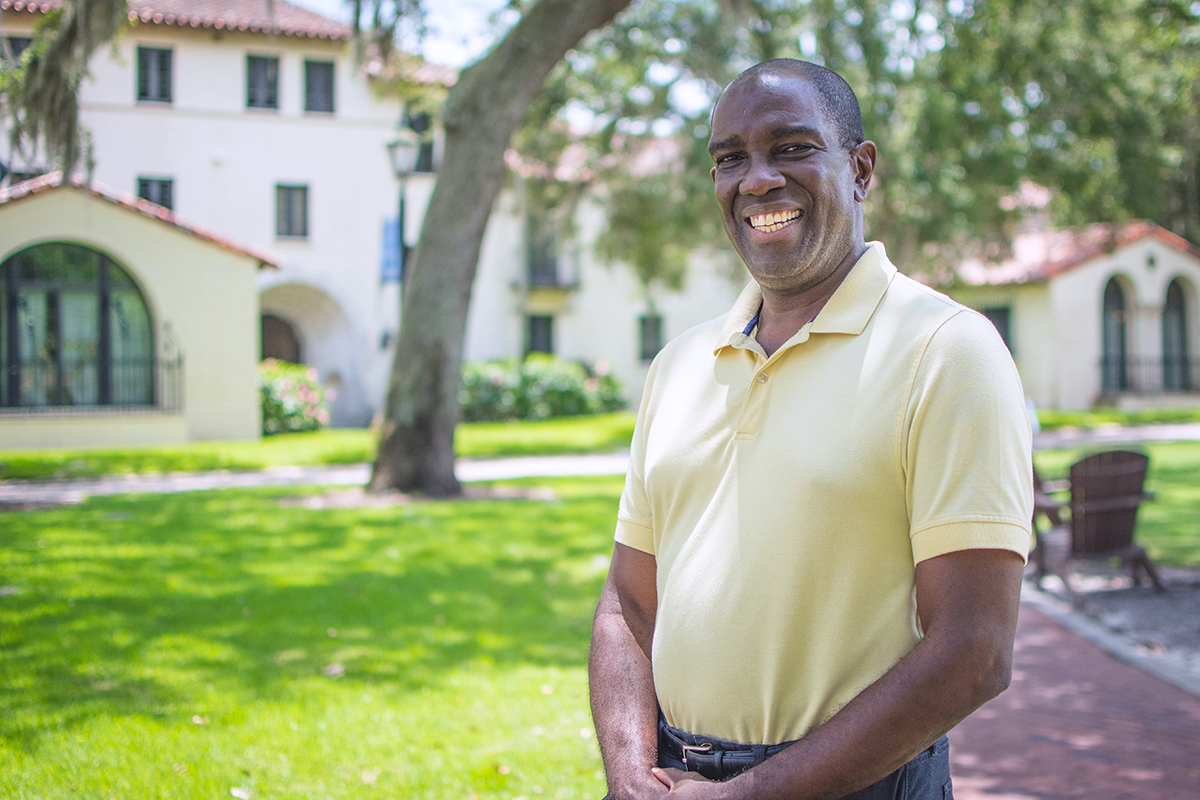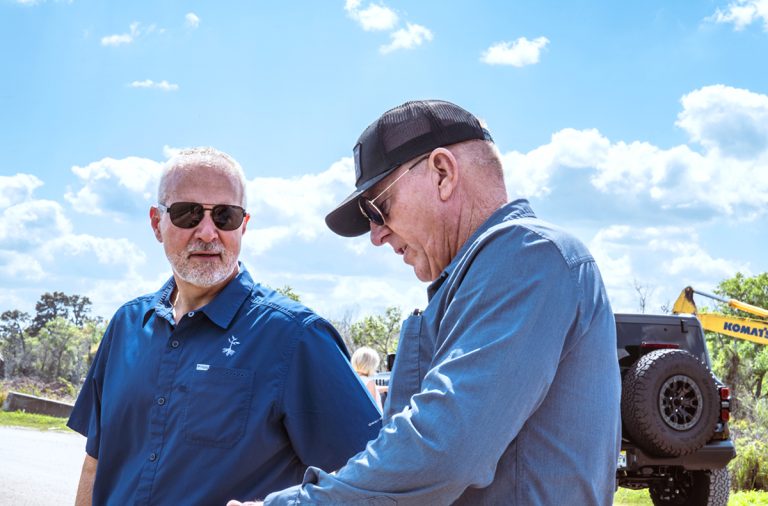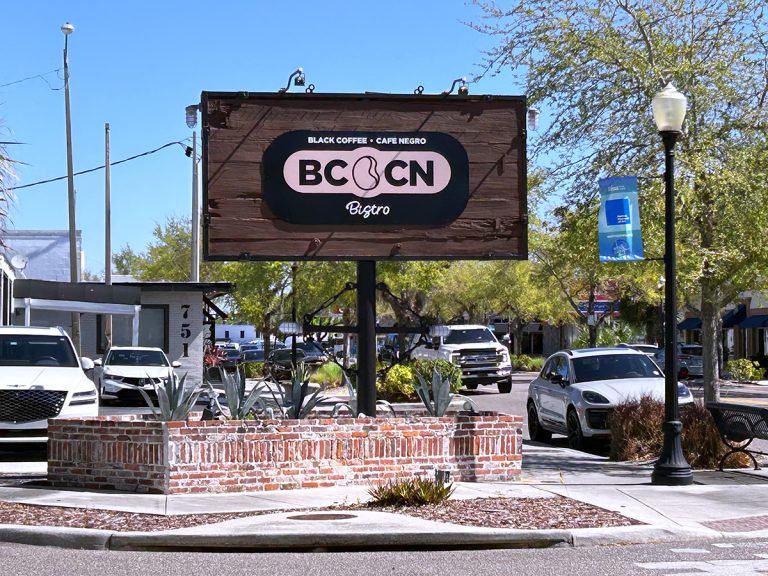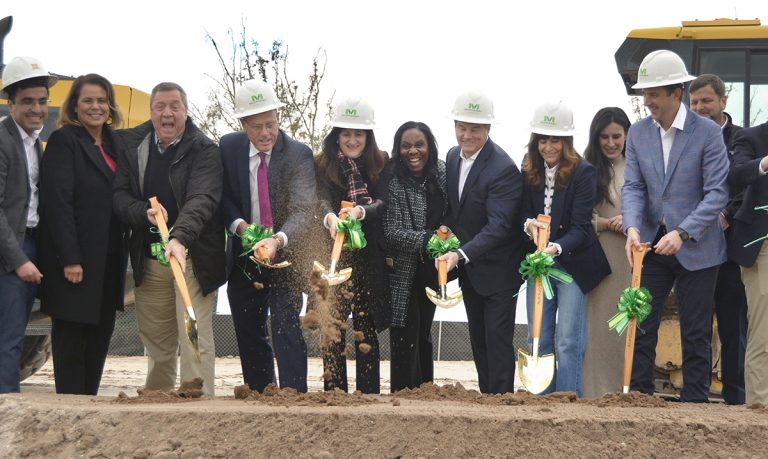As associate professor of management science at Rollins College Crummer Graduate School of Business, Dr. Keith Whittingham is teaching sustainable development with a working fair trade business.
Born in the Bronx, Whittingham spent his childhood in Trinidad and Tobago after his father, who was employed at the United Nations Secretariat Building, was among the staff chosen for its sub-regional office serving the Caribbean.
“Growing up in a small-island nation, it was easy to see the impacts of not taking care of the ecological and social environment,” he said.
He returned to the United States to attend Howard University where he received a Bachelor of Science in electrical engineering. He also holds a Ph.D. in electrical engineering from Cornell University.
In 1995, Whittingham took a position at a semiconductor manufacturing facility at Bell Laboratories in South Orlando. He attended Crummer Graduate School of Business at Rollins College where he earned his MBA and would eventually join the staff.
Whittingham leads consulting projects in global sustainability and social entrepreneurship, and has spent several years travelling to Costa Rica for entrepreneurship projects with student groups from Crummer’s Early Advantage, Professional, and Executive MBA programs. Their work led to the development of the Artifx Cafe coffee brand, which purchases through a direct-pricing strategy that allows farmers to earn a sustainable living.
The brand also invests profits into development projects within the farming communities, and features work by local artists on product packaging.
Here, Whittingham discusses his path to developing a business that is educating and changing lives.
How did you shift from electrical engineering to teaching at Crummer Graduate School of Business?
I earned my MBA at the Crummer School while working for Bell Labs. Sometime later, our facility was closed, and I joined the staff at the Crummer School in February of 2002 as associate dean of operations.
What sparked your interest in global sustainable development?
I gained an appreciation for some of the challenges of global economic development from my father and the work he did. As an engineer, I had an interest in renewable energy and resource conservation. I found myself teaching MBA students at a time when management education was slowly beginning to think beyond net income and towards net impact. Fortunately, the Crummer School was forward-thinking and entrepreneurial enough to let me develop our first sustainability course in 2009.
What inspired your trips to Costa Rica?
As I was developing my first sustainability course, I had an opportunity to participate in a professional development travel program – part of what is now the Rollins Internationalization Grant program. A colleague led a dozen of us on a trip to Monteverde, Costa Rica to study ecological conservation. I felt this rural farming and ecotourism community would be a great environment for MBA students to learn about business outside of the classroom environment. Within 9 months, I was back in Monteverde with a team of six students working on a consulting project for a family business. I was enthralled by the complexity of the challenges and the learning opportunities that the region had to offer, and I decided to go deep. In the past 14 years, I have taken some 200 Crummer students to Monteverde on a variety of learning experiences. This past January, we were honored to have Rollins President Grant Cornwell and his wife, Peg, join us to observe and participate in the experience.
How did you develop the contacts and determine fair price points to begin purchasing from the local coffee farmers?
Our coffee sourcing strategy is based on deep relationships with farmers and their communities. We intend it to be transformational, not just transactional. No two coffee origins are the same, so we seek to understand how we can best use our position in the market, along with their expertly cultivated coffees, to make a positive impact in the local community. Our direct-trade pricing is based on micro-lot prices, which offer the farmer more income than traditional bulk commodity market prices. We are also following the latest developments in “living wage” pricing, which considers local economic conditions as a basis for pricing to ensure that small producers can earn sustainable livelihoods from coffee.
What was the most challenging part of that process?
The biggest challenge is keeping our costs as low as possible, so we can continue paying higher prices to our farmers.
Which Central Florida businesses have partnered with you?
We work closely with Downtown CREDO as our coffee roaster, and we partner with them on joint sourcing of coffee. The Ancient Olive gourmet food stores have been a close retail partner since the very beginning, and the owners have visited farmers in Costa Rica. Our Fox Den Blend coffee was created in honor of the Rollins College mission and their continued support. Our newest partnership is with Paul Twyford and the team from Winter Park Distilling Company, which will bring a new coffee experience to the Winter Pines Golf Club.
How can local shoppers make sure they are contributing to, and building, a sustainable marketplace?
One of the most important ways is to be curious about where products come from and how they get to us. Think about who is impacted along the way. As we become more thoughtful consumers, we will send messages with our dollars that can move industries and supply chains towards sustainability.



